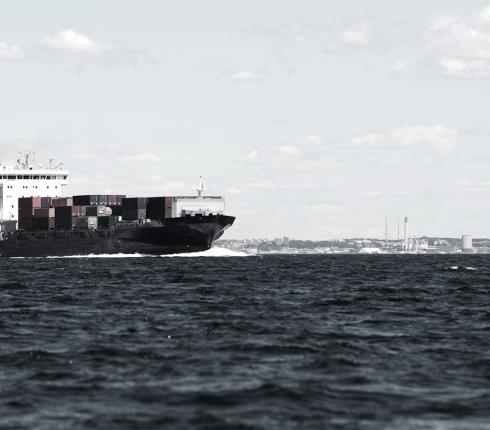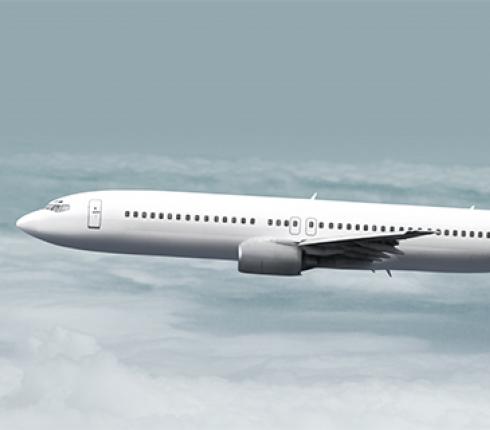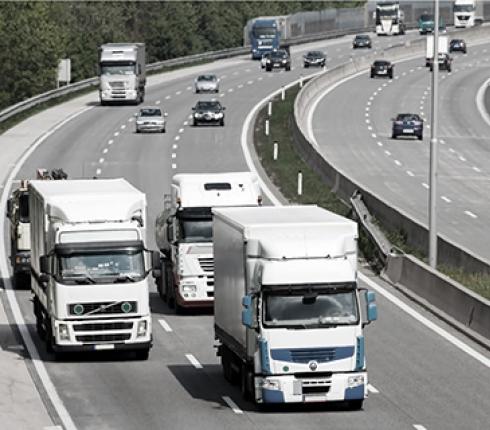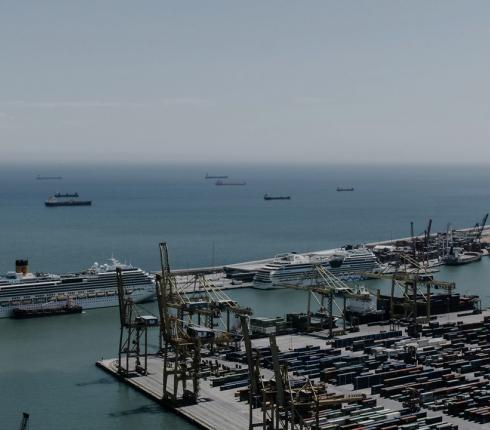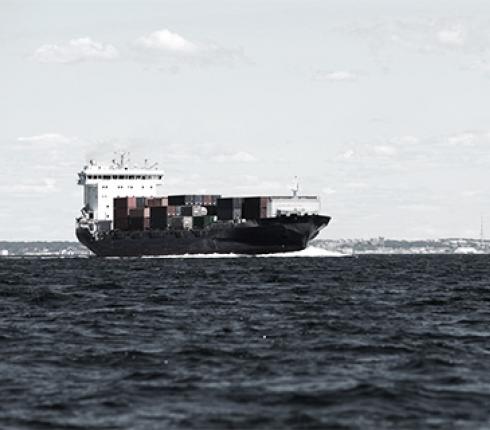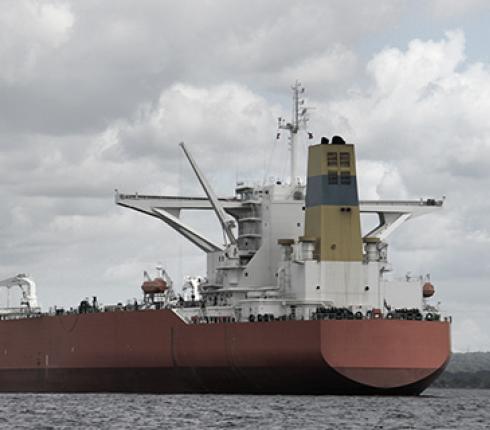New EU judgment on social security for drivers
International drivers are generally subject to the social security rules of the Member State, where the employer has its registered office. But the employer is not necessarily the company, that has entered into an employment agreement with the drivers concerned – this was established by the European Court of Justice a new judgment handed down on 16 July 2020.
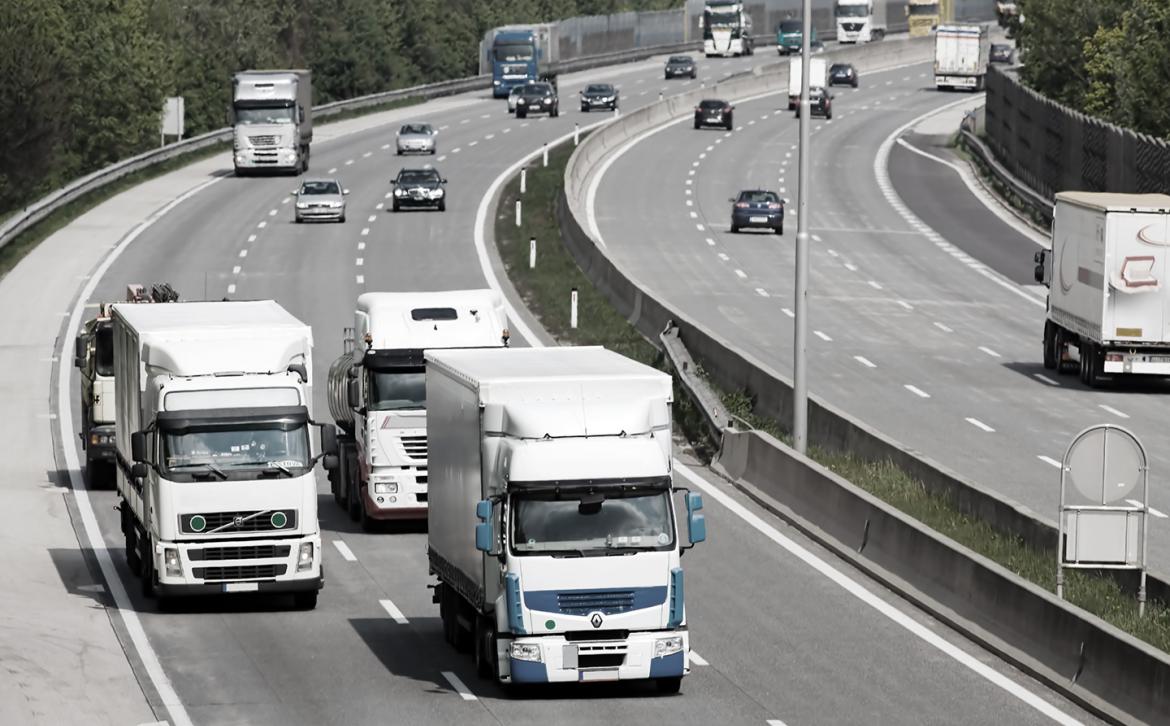
The impact EU law has on the regulation of social security benefits
Regulation No 883/2004 of the European Parliament and the Council on the coordination of social security systems lays down guidelines on the legislation applicable to persons making use of the freedom of movement within the EU. The overarching principle is that these persons should only be subject to one social security legislation – regardless of whether the persons are linked to several Member States. The issue is particularly interesting for international drivers, who often drive in many Member States other than where they reside.
The specific case
The decision of the Court of Justice of the European Union (CJEU) of 16 July 2020 concerned a case that was referred to the CJEU requesting a preliminary ruling in a dispute between a company in Cyprus, AFMB, and the authorities of the Netherlands. The Dutch authorities claimed in a case before a national court in the Netherlands that several of the lorry drivers who according to their employment contracts were employed by AFMB were nevertheless subject to the Netherlands’ social security legislation.
AFMB had entered into agreements with several Dutch transport companies on fleet management of the heavy-duty vehicles of said companies. AFMB received a commission to take charge of the fleet management, but the transport activities were carried out at the expense and risk of the transport companies. The question in the case was, in particular, whether the drivers, who were formally employed by AFMB to carry out the fleet management agreements, should be considered to be personnel of the Dutch transport companies, who, thus, should be regarded as the actual employers of the drivers within the meaning of point (b) of Article 13(1) of Regulation No 883/2004 (and point (a) of Article 14(2) of the former Regulation No 1408/71).
Point (b) of Article 13(1) provides that persons employed in two or more Member States and do not work principally in the territory of the Member State where they reside are, as a rule, subject to the legislation of the Member State in which the employer has its registered office.
First, the CJEU observed, in line with previous the case-law of the CJEU, that the relationship between employer and personnel, as these concepts must be understood in those regulations, constitutes a subordinate relationship. However, the CJEU held that the fact that the AMFB had concluded employment contracts with the drivers was not in itself sufficient to establish the required subordinate relationship.
According to the CJEU, the decisive element of the assessment, conversely, had to be the objective working situation of drivers based on a determination of the actual circumstances of the drivers and the link to AFMB and the Dutch transport companies. In that regard, the CJEU, like the Dutch authorities, stated that the relevant assessment criteria are: which undertaking exercises the effective authority management over the workers concerned; which undertaking actually bears the wage costs of drivers' work; and who has the actual power to dismiss the workers.
In the specific case, it had been stated that the drivers were at full disposal to the Dutch transport companies. Prior to their employment, the drivers had also been selected by the Dutch transport companies, which could also decide whether the drivers should be made redundant by AFMB. Finally, the actual cost of the drivers’ wages was effectively borne, via the commission paid to AFMB, by the transport companies; AFMB only formally paid their wages. The CJEU suggested that these elements were likely to lead to drivers being covered by the Dutch legislation on social security. However, it was for the referring national court to rule on the specific dispute between AFMB and the Dutch authorities in light of the assessment criteria established by the CJEU.
NJORD Law Firm’s remarks
The new decision of the CJEU states that it is the objectivesituation that determines the assessment of who the employer of an international driver with links to more than one country is – regardless of whether that objective situation does not correspond to the driver's formal employment contract.
The judgment concerns only the determination of the employer of drivers when assessing which social security legislation the drivers are subject to under Regulation No 833/2004 (and the former Regulation No 1408/71). However, the judgment follows a tendency on the part of the CJEU which, in cases of similar issues relating to the scope of specific provisions on jurisdiction and choice of law, seems to attach crucial importance to who actually assumes the key elements of the employer's authority of management in the case of international drivers who are linked to more than one Member State in the context of their employment relationship. The clear message from the European Court of Justice is that drivers' formal employment contracts and their provisions on place and conditions of employment must also reflect the actual working situation of drivers.









